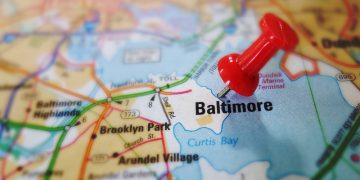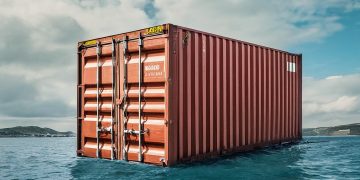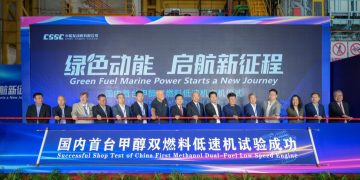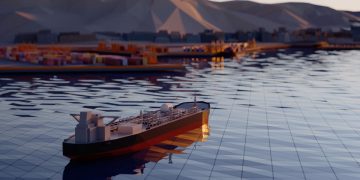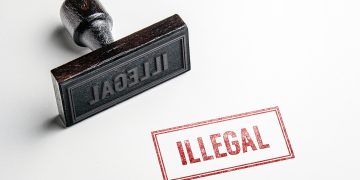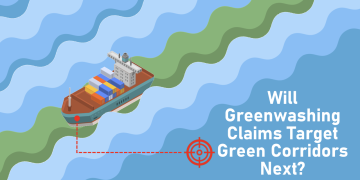New Guidelines for the Carriage of Bulk Blends of Petroleum Oil and Bio-Fuels
By the West of England P&I Club The West of England P&I Club issues New Guidelines for the Carriage of Bulk Blends of Petroleum Oil and Bio-Fuels as follows:The IMO Marine Environment Protection Committee has recently approved the "2011 Guidelines for the Carriage of Blends of Petroleum Oil and Bio-Fuels". The new guidelines, contained in the Annex to MEPC.1/Circ.761, are effective from 1 September 2011, when they will replace the existing interim guidelines.The carriage provisions are based on the volumetric composition of the bio-fuel blend; products containing 75% or more petroleum oil are to be carried in accordance with the requirements of MARPOL Annex I, products containing more than 1% but less than 75% petroleum oil are to be carried in accordance with the requirements of MARPOL Annex II and the conditions detailed in the guidelines. Products containing 1% or less petroleum oil are to be carried under the requirements of MARPOL Annex II.Physical blending of petroleum oil and bio-fuel resulting in a single product must only be carried out whilst the vessel is within port limits. Prior to any such operation it is important that detailed instructions of exactly how such blending is to take place are obtained from ...
Read more





